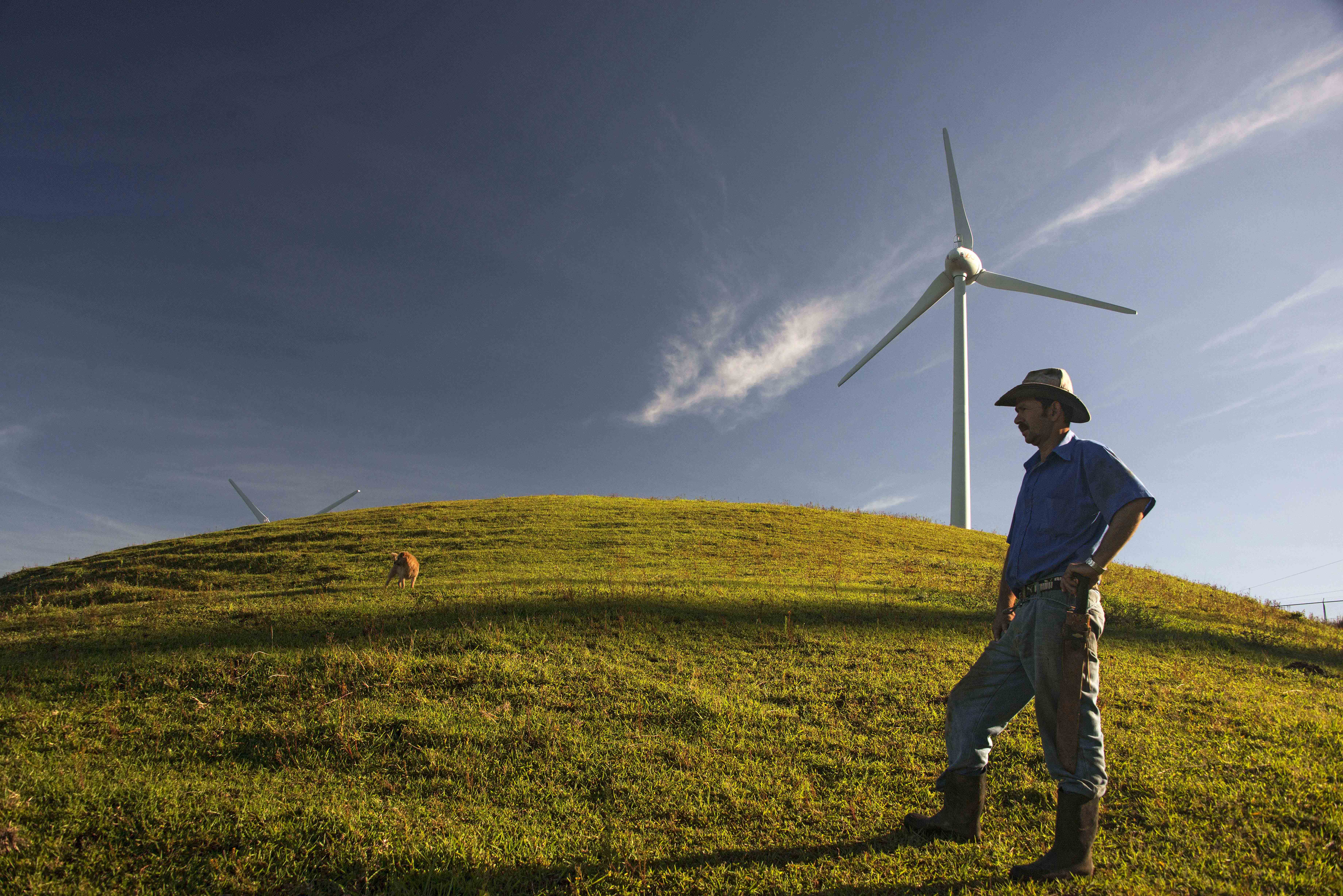The proposal spurred concern from developing nations that their richer counterparts are watering down a commitment to increase funding for global warming. Developing nations said they will resist anything that requires them to provide funding.
“If a developing country wants to participate it would be only on a voluntary basis, but nothing as a commitment,” said El hadji Mbaye Diagne, climate negotiator for the group of African and least-developed countries. “It can be done but in a voluntary basis.”
The U.S. plan would prod nations that have the capacity — namely China — to provide money for climate-related projects to the most vulnerable nations. That would break down the old division where funds flowed from industrialized nations to developing ones.
The proposal, coupled with sparse details on how richer countries would meet a pledge to scale up aid to $100 billion a year by 2020, led to unease from South Africa’s delegate Nozipho Joyce Mxakato-Diseko, who speaks for the G77 group of about 130 developing nations and China.
“The G77 and China is deeply concerned with the attempts to introduce economic conditions,” she said in a statement. “Any attempt to replace the core obligation of developed countries to provide financial support to developing countries with a number of arbitrarily identified economic conditions is a violation of the rules-based multilateral process and threatens an outcome here in Paris.”
Climate finance by whom?
Money has long been one of the key stumbling blocks to a global climate deal.
“The finance issue is one of the most difficult,” said Alden Meyer, who has been following the talks for more than two decades for the Union of Concerned Scientists. “It’s very clear people are holding their chips very close to their vests and not putting a lot of things on the table at this point.”
A division between richer and poorer nations on finance has been a feature of the climate talks since 1992, when a treaty that established the discussions agreed that industrial nations should provide funds and technology to help developing nations limit fossil fuel emissions. The U.S. was the first industrial nation to ratify that agreement.
Since then, China’s economy boomed and it overtook the U.S. as the biggest polluter, with India rising in the ranks of emitters to just behind the European Union. For years, the U.S. and its allies have tried to blur the distinctions set up in the 1992 treaty.
Todd Stern, the State Department envoy leading the U.S. delegation in Paris, on Wednesday suggested expanding the pool of donor nations, noting China already has pledged $3.1 billion to projects in the so-called global south.
He referred to an October report from the Organization of Economic Cooperation and Development suggesting $62 billion of the $100 billion pledge already is flowing and more money has been announced since.
“Developing countries have made pledges to the Green Climate Fund,” Stern said at a briefing in Paris. “This notion of an expanded donor base is happening. It’s out there now. We just want to capture that.”
The proposal comes after world leaders spoke earlier this week, sometimes in emotional terms, about the need for a deal in Paris that would protect the most vulnerable nations from climate change. President Barack Obama took care to show he understands those concerns, meeting leaders from five island nations when he was in Paris on Monday.
“This is the most important trip of my life,” Christopher Loeak, president of the Marshall Islands, said in a statement after meeting Obama. “I need to be able to return to my people and say that we joined a Paris Agreement that gives us hope and a pathway to survival.”
After Indian Prime Minister Narendra Modi on Monday urged rich nations to meet their commitments on the $100 billion, the nation’s envoy at the climate talks sought help to cut the cost of capital for clean-energy technologies. India has 300 million people without power.
“At the end of the day electricity has to be a price that people like me and much poorer people will pay for,” Indian envoy Ajay Mathur said in Paris on Wednesday. “If you are able to provide this lower cost capital, the amount of solar and wind capacity electricity can be paid for by consumer increases.”
Bloomberg’s Alex Morales contributed.
© 2015, Bloomberg






